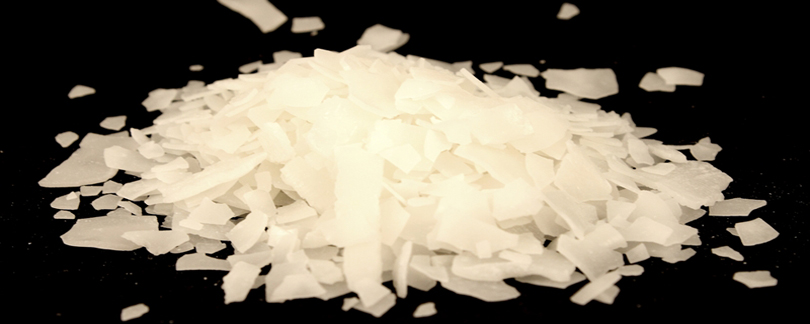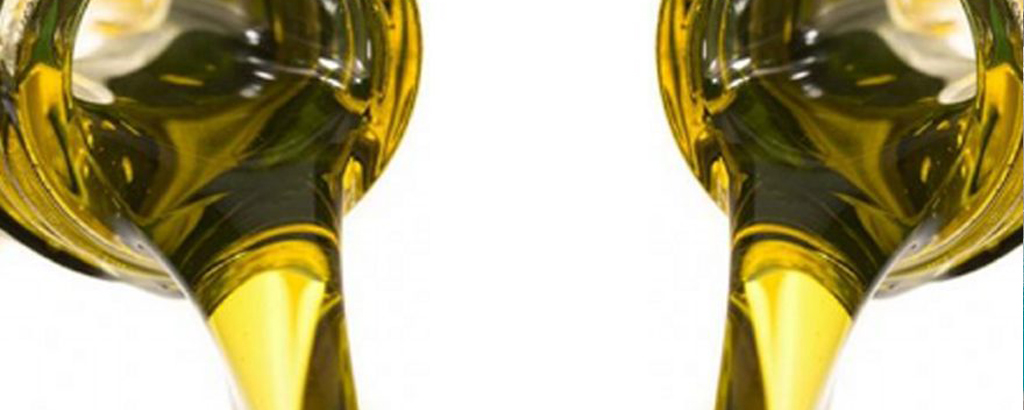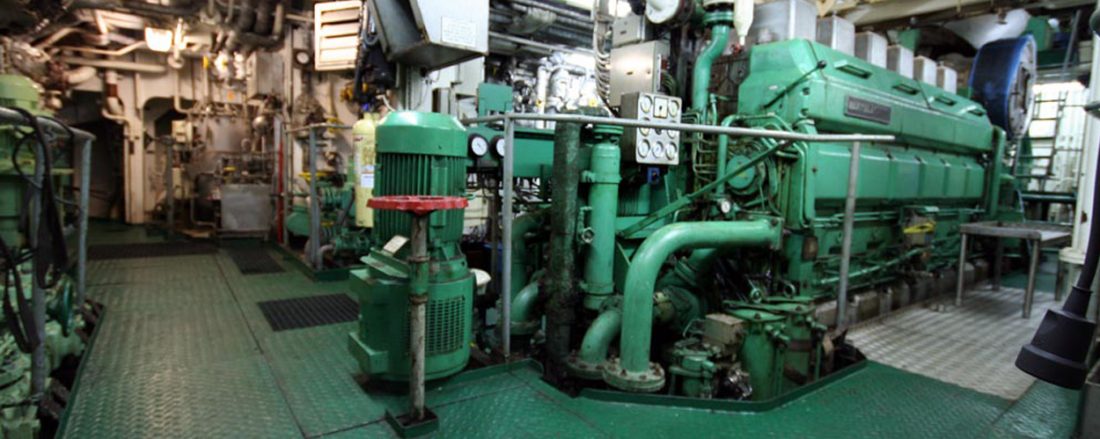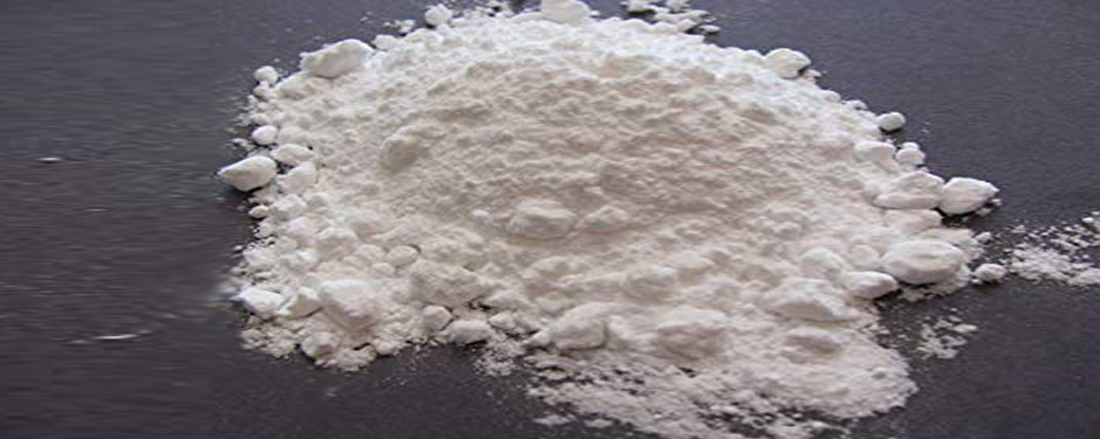PERIODIC ACID FOR SYNTHESIS
The periodic acid is reduced to iodic acid (HIO3). Because vicinal diols are obtained from alkenes, the combination of dihydroxylation followed by oxidative cleavage of a diol provides an alternative method to ozonolysis of alkenes to yield the same products.
Modern industrial scale production involves the oxidation of a solution of sodium iodate under alkaline conditions, either electrochemically on a PbO2 anode, or by treatment with chlorine
Periodic acid is the highest oxoacid of iodine, in which the iodine exists in oxidation state +7. Like all periodates it can exist in two forms: orthoperiodic acid, with the chemical formula H5IO6 and metaperiodic acid, which has the formula HIO4.
Further heating to around 150 °C gives iodine pentoxide (I2O5) rather than the expected anhydride diiodine heptoxide (I2O7). Metaperiodic acid can also be prepared from various orthoperiodates by treatment with dilute nitric acid.








